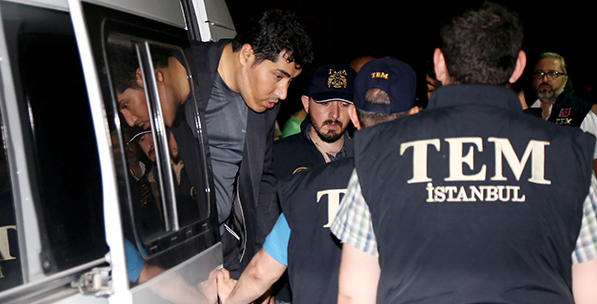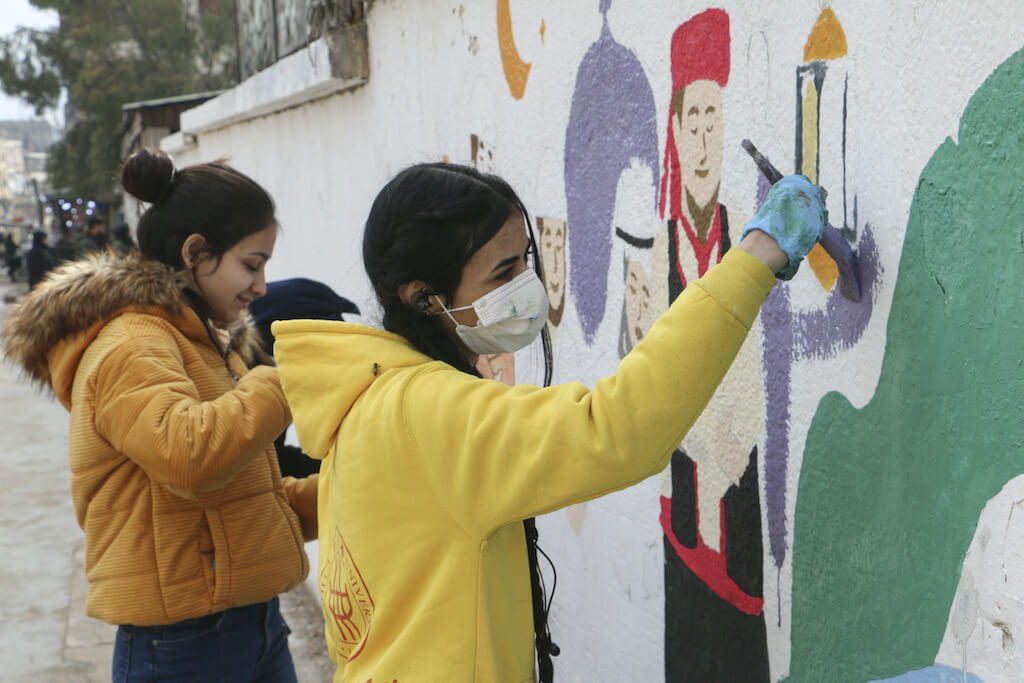I did not come up with the above title. The Gülenist media did by not rejecting their group's involvement in any areas where members of the Gülen Movement were the usual suspects, for six years. Not when Hakan Fidan, the head of the National Intelligence Organization (MİT), faced arrest on Feb. 7, 2012 And not during the efforts to overthrow the government in the Dec. 17 operations, when Gülenist media outlets were more excited than the policemen and prosecutors who were directly involved in the effort.
After 2008, during the Ergenekon case, like televangelists' sermons on American TV, Gülenist media outlets told their audience about the latest developments in the coup plot trials almost every hour. This continued for roughly three and a half years. Any time of the day, if you turned on one of the Gülen Movement's broadcasts, you could watch news about the Ergenekon trial without pause.
It seemed that the Gülen Movement was the obvious sponsor of all public debate involving the terms "conspiracy," "intelligence," "wiretapping" and "secret records." For years, the Gülen Movement portrayed itself as a religious NGO. Fethullah Gülen, the movement's leader, lives in the United States in a similar capacity. The Gülen Movement, however, has not become involved in any religious debates for the past seven or eight years. People thus tend to associate the organization with intelligence operations, the police, public prosecutors, and judges. The situation at hand indicates that an NGO is the last thing that the Gülen Movement should call itself.
On July 22, over 100 police officers were arrested and jailed on espionage, illegal wiretapping and blackmail charges. Among them were ranking officials who attempted to take Hakan Fidan into custody on Feb. 7, 2012. The Dec. 17 operation had also revealed that the Gülen Movement had positioned itself as a shadow-state within the police corps and the judiciary.
The emergence of the Gülenist shadow-state dates back to 2007, although the movement has been heavily investing in the police corps, judiciary, and military institutions for the past three decades. The movement, which operated in complete secrecy until then, began to act in a more overt manner after 2007 when Prime Minister Recep Tayyip Erdoğan ushered in a new era in the history of Turkish democracy. April 27, 2007 marked the first time that a civilian government openly opposed a memorandum by the military. When the military guardianship regime began to lose power after 2007, the Gülenist shadow-state abused the ever-growing legitimacy of civilian politics to form itself.
During the Kurdish Communities Union (KCK) trials, which targeted the Kurdish political movement, they consumed some of the power they derived from the Ergenekon process. The credit for the KCK trials, in turn, the Gülenists mistakenly attempted to direct toward the Feb. 7, 2012 and Dec. 17, 2013 operations. The police and judiciary violated the sanctity of the most crucial judicial processes for Turkey's democratization by not only victimizing certain individuals but also inflicting great harm to Turkish democracy and social peace.
The hundreds of policemen who were arrested on July 22 tell a valuable story about the past six years: a story of how things can get out of hand when the police, prosecutors and judges join forces. Had this gang of policemen and judicial hit-men succeeded on Dec. 17, Turkey would have been under a new guardianship regime today.
[Daily Sabah, July 25, 2014]









